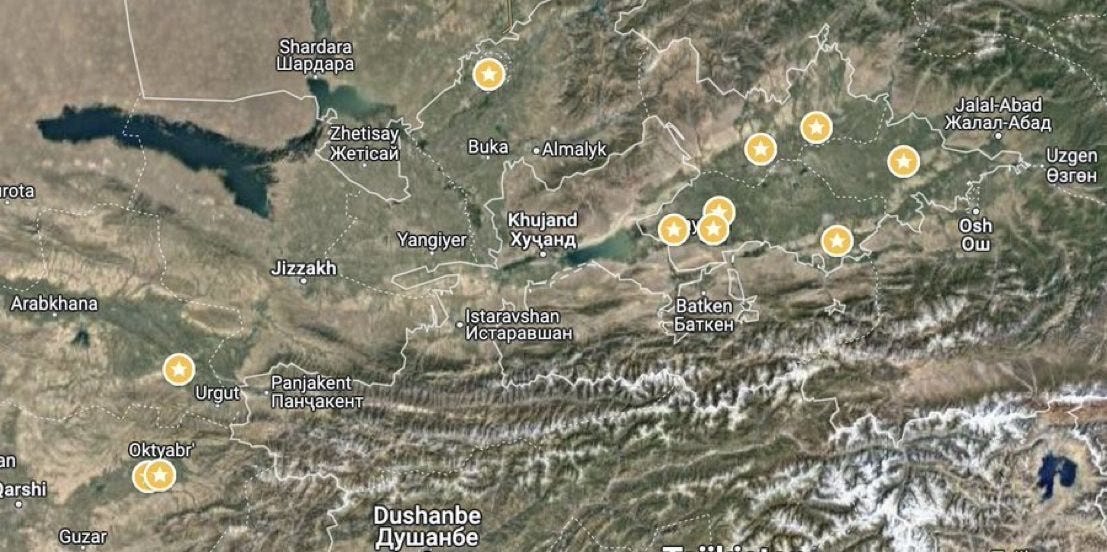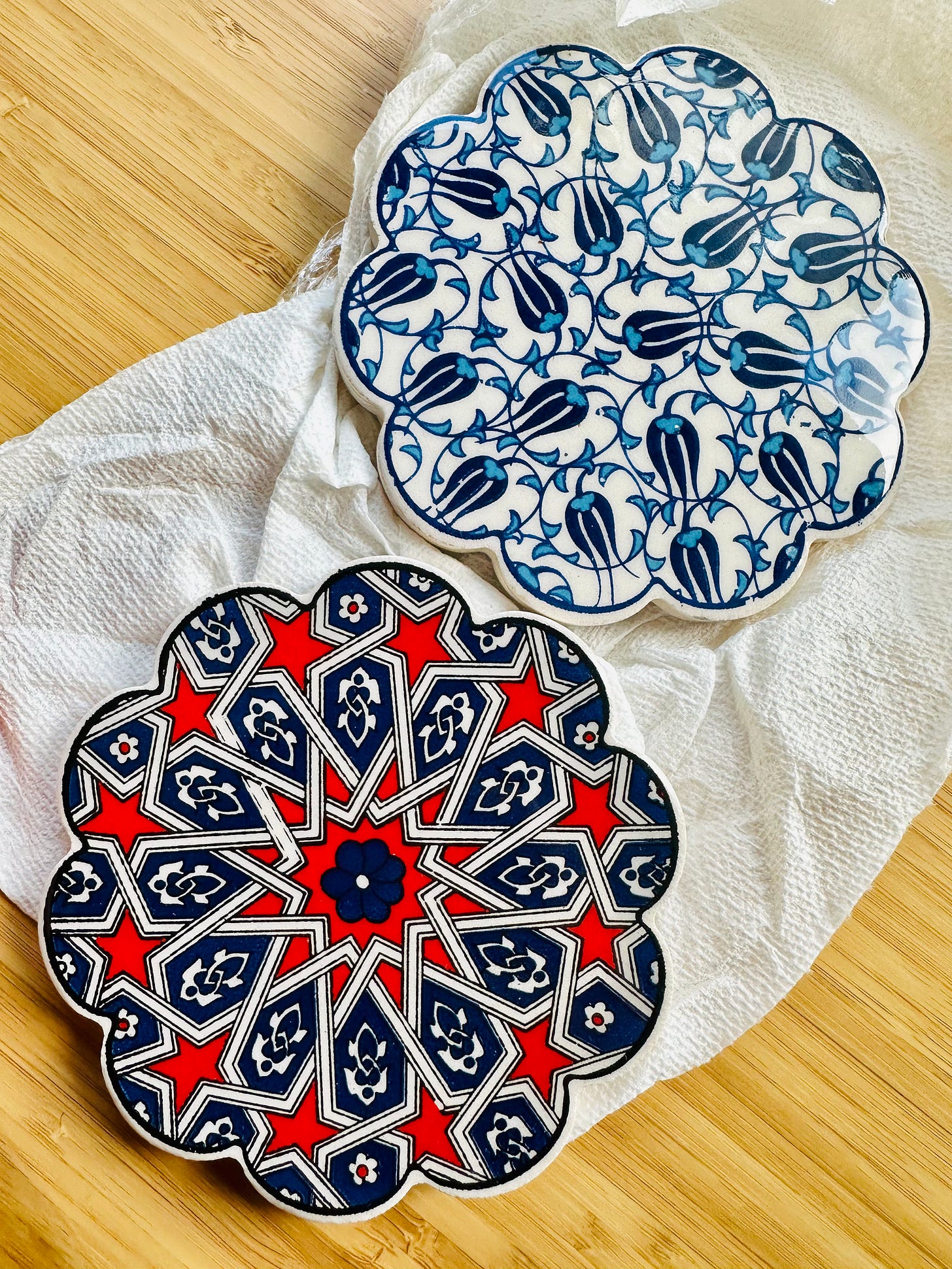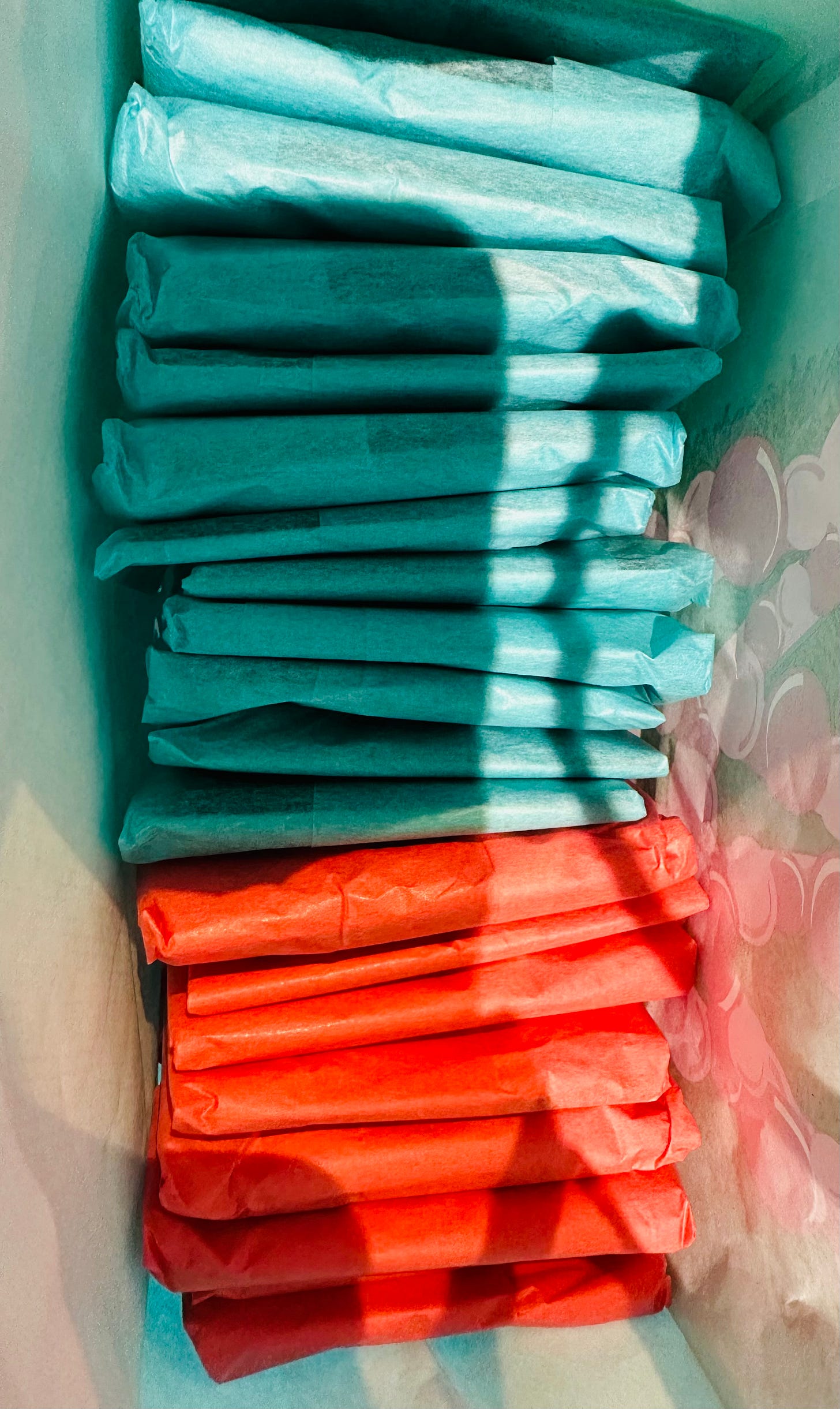Trust, Technology, Respect & Kindness - as research foundations
Alarm bells have been rung about the resurgence of patriarchal ideals and demand for Political Islam in Central Asia. The Soviets institutionalised secular education and high female labour force participation. So what explains the rise of religosity, veiling, dayooth-shaming?
Drawing on the existing literature, I’ve suggested a tentative explanation:
In Soviet cities, Central Asian women did gain new economic opportunities, freedoms and status.
Village life was the norm for most. Soviet penetration was weak. Religion and patriarchy persisted. Neither were dislodged by collective farms.
Job-creation has since been meagre. Many are still trapped in precarity - keen for the community and righteous purpose provided by religion. Economic stagnation may have perpetuated ‘zero sum mentalities’, in which men resent women’s encroachments. Oil-rich Kazakhstan bucks this trend (and continues to become more gender equal).
Transnational finance for conservative ulama. Saudi Arabia and others have championed patriarchal interpretations of Islam by funding mosques, foundations and religious entrepreneurs.
But here’s a confession: I’ve never actually been to Central Asia. My Uzbek friends are wealthy, liberal, educated migrants - an unrepresentative elite. I’ve never stayed in an Uzbek home, haggled in a bazaar, or experienced daily life. My knowledge is lacking.
So now I’m undertaking a month’s research across Uzbekistan. In this post, I share my research methods, as perhaps you are curious?
Building Networks of Trust
My goal in Uzbekistan is to undertake life history interviews, learn about people’s experiences, beliefs and desires. Moreover, I want to meet and interact with a diverse range of people: farmers, traders, factory workers, students, housewives, and retirees. This requires enormous trust and rapport. A month ago, I had neither.
But today, I have a large network across Uzbekistan. Many generous people (academics, students, politicians and company managers) have reached out with invitations across the country. How has this happened?
Bekhzod Hoshimov (a popular Uzbek economist) invited me to discuss my research on his popular podcast. We had a wonderful discussion, which was widely viewed. This helped me build trust. Uzbek students and professors reached out on Instagram.
Other Uzbeks had already been following me on Twitter, liked my research, and were keen to help. They introduced me to their friends, who have been very generous.
One of my Uzbek friends recently gifted me these beautiful coasters, which visually convey my reliance on social networks.
Technology: Social Media
Instagram, Twitter and Telegram have massively expanded social connections.
I have always been active on social media. I never wanted to be an ivory-tower academic, writing papers for a readership of eight. Inadvertently and unwittingly, social media has also helped me build trust. All over the world, people can see who I am and what I’m trying to achieve.
I’m now giving talks at three institutions, staying with families, and have six research assistants in different regions. Social media enables us to instantly communicate, resolve queries, and plan the research. My RAs have facilitated a much larger network. One used to work in a factory, we will meet his former colleagues.
In post-Soviet societies, where strangers may be eyed with suspicion, it is absolutely essential to harness established relationships of trust.
Respect: Learning the Language
When I ask people about their lives, we are producing that data together, it’s shaped by our relationship. My personality and self-presentation are seriously important. Every day, I need to be extremely charismatic, instantly make friends, and build trust.
That’s hard. It’s even harder in translation.
So now I’m trying to learn Uzbek. This conveys respect and cultural appreciation.
Active learning aids memorisation. I write phrases, draw pictures, continually test myself and create role plays. This is precisely how I became fluent in Bemba (a Bantu language) within nine months.
Technology will also help me understand ongoing conversations. Timekettle offers instant in-ear translation in forty-languages and more dialects. Research participants can wear these, speak in Russian, and we will be able to perfectly communicate.
Big Kindness
My research is only possible because of human kindness. Across India, Turkey, Morocco, Mexico, the Gambia, Zambia, Cambodia, Vietnam, Poland, Spain and Italy, people have been extraordinarily generous. They’ve welcomed me to their homes, showed great care, given sage advise, introduced me to their families, and spent many hours sharing their life histories.
Back in Konya, my friend’s father helped me interview marginalised Roma, their relatives, imam and the head Sufi Sheikh. Their extraordinary generosity meant I could be enormously productive, learning every single day.
I’ll be travelling to Uzbekistan with a rucksack. All I really need is a change of (socially conservative, cold-weather) clothes and a smartphone. The rest is gifts to show appreciation (pretty notebooks, novels, leather wallets).
My global research project relies on vast networks of trust, respect, and kindness. Technology helps me amplify and expand each of these relationships. So while quants increasingly harness ‘big data’, I’m indebted to ‘big kindness’.

This is probably my last post of 2023. My qualitative research is extremely intense. There’s no time to blog. So I thank you all very much for subscribing, engaging with my research, and wish you all a very Happy New Year.
Farewell and best wishes to you all.












I have visited Uzbekistan, though only as a sheltered tourist during the Soviet era. The primary question that will frame all other questions is one which one may only ask at risk of one's life: Is Islam true? It is vital that if asking a Muslim, one ask the question politely and respectfully, and with an attitude of learning from the Muslim the basis of his or her understanding of why Islam is true. One must certainly refrain from any hint at denigrating--or even treating with less than full respect--their prophet or their Koran. It seems to me that it is legitimate to ask how they know that the Koran is as Muhammad dictated it, and as he heard it. (I understand that one of Islam's leaders after Muhammad confiscated all copies, and wrote what became the official version; this contrasts sharply with the Bible's history of comparing thousands of ancient [even pre-AD70] manuscripts, among which variants are invariably trivial.) Who has visited Mohammad's grave, where is buried close to some or all of his wives, in Madina? I think this might cause some hostile reaction, but one might ask a Muslim to recount Muhammad's life history, and how his biography substantiates his qualification as a prophet. Again, the answers may be unsettling, so asking these sorts of questions must be done with a humble, learning attitude. After all, as a non-Muslim, one must ask questions to so Muslims can convince him or her of the veracity of their system--which should be easy as well as enlightening.
Holy hell... those earbuds. I had no idea this was possible yet; I was expecting something like this to arrive in a couple of years.
Slightly annoying that they support Catalan but not Persian. Still, do tell us how well they work.